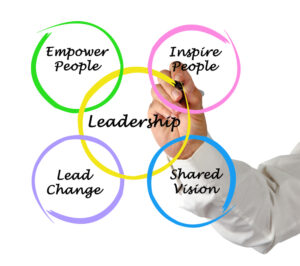
BY TOMAS CHAMORRO-PREMUZIC
It is unwise to select leaders on the basis of their likability, especially if it means neglecting other more important predictors of leadership effectiveness.
As the millions (or is it billions?) of people around the world who dislike their bosses will surely know, it is generally preferable to work for someone you like. If this statement isn’t obvious or intuitive enough, then consider some basic research:
- People rarely get promoted into management or leadership roles unless they are deemed at least somewhat likable by others.
- Effective leaders are generally more likable, at least from a personality perspective. More often than not, they are emotionally stable, agreeable, sociable, curious, and conscientious, all of which are desirable traits in most cultures.
- Emotional intelligence, which predicts high levels of likability, is linked to a range of positive performance outcomes in leaders, from higher levels of team engagement, performance, and productivity to lower levels of problematic team behaviors, turnover, and toxicity.
And yet it is unwise to select leaders on the basis of their likability, especially if it means neglecting other more important predictors of leadership effectiveness, such as expertise, intelligence, and, indeed, integrity. Consider the following problems: (more…)








 BY KIM LAWTON
BY KIM LAWTON